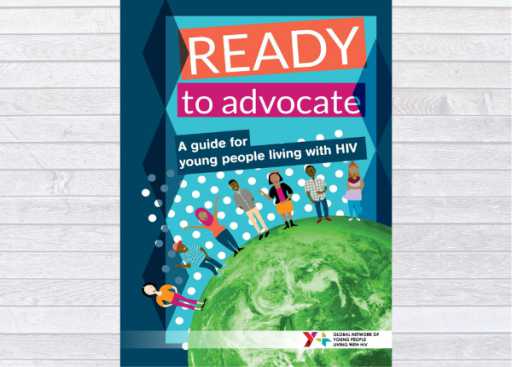Resources
WHO launch 2021 guidelines with PSS 'strongly recommended' in HIV treatment and care for adolescents
Every few years the World Health Organization (WHO) brings together
experts from across the globe to look at the latest evidence and then make recommendations
about which interventions and approaches for HIV work the best. These become part of the
international guidelines which are shared with countries to support them to deliver care for
people affected by HIV, including young people. So in 2020, we talked to 388 young people
living with HIV on behalf of the WHO, to find out from those who know best. We asked them
for their opinions about how psychosocial support (PSS) can improve young people’s
engagement in care and other health outcomes.
Young people told us loud and clear that when they are receiving psychosocial support such
as peer support, counselling, support groups, this improves how they feel about themselves
and can help them to have a clearer understanding of their own health and treatment.
All the evidence was shared with WHO and they are now launching the new guidelines with a
recommendation that psychosocial support should be included in HIV treatment and care for
adolescents.
Watch our animation to hear about what we learnt from young people and how PSS can improve
the lives of young people living with HIV
We would like to thank all the young people who took part and Y+ Global for reaching out to
young people across the globe to encourage them to take part.



